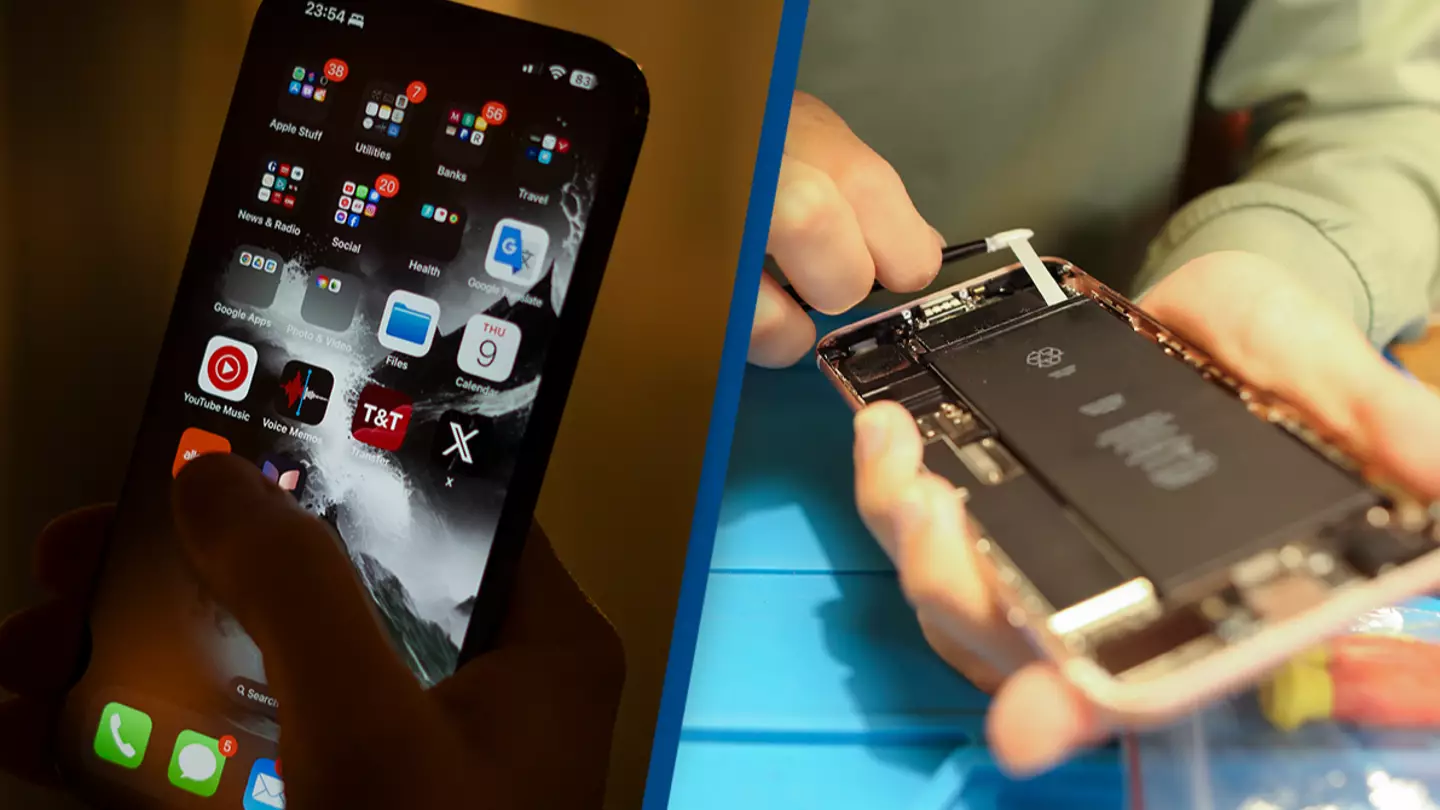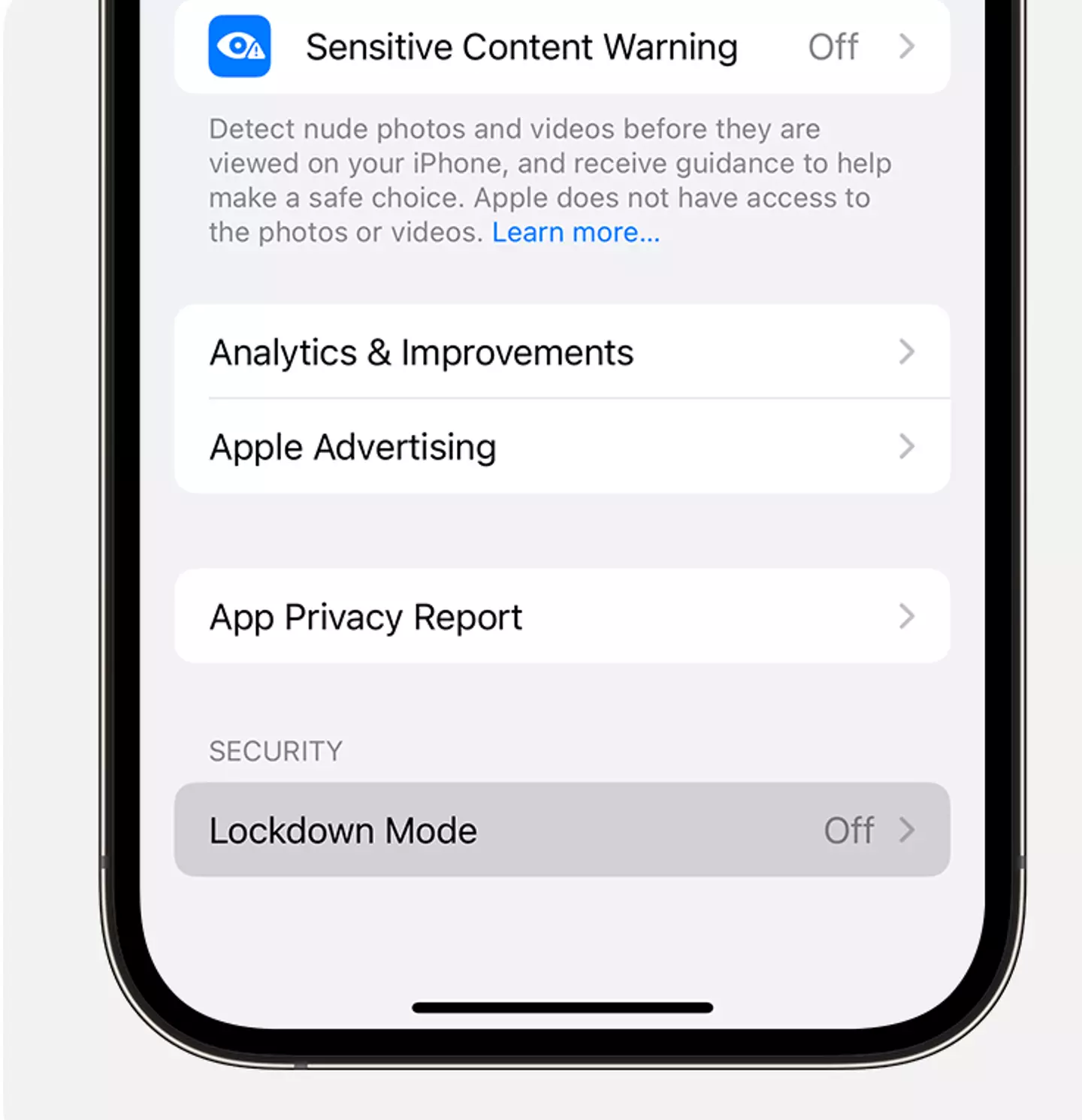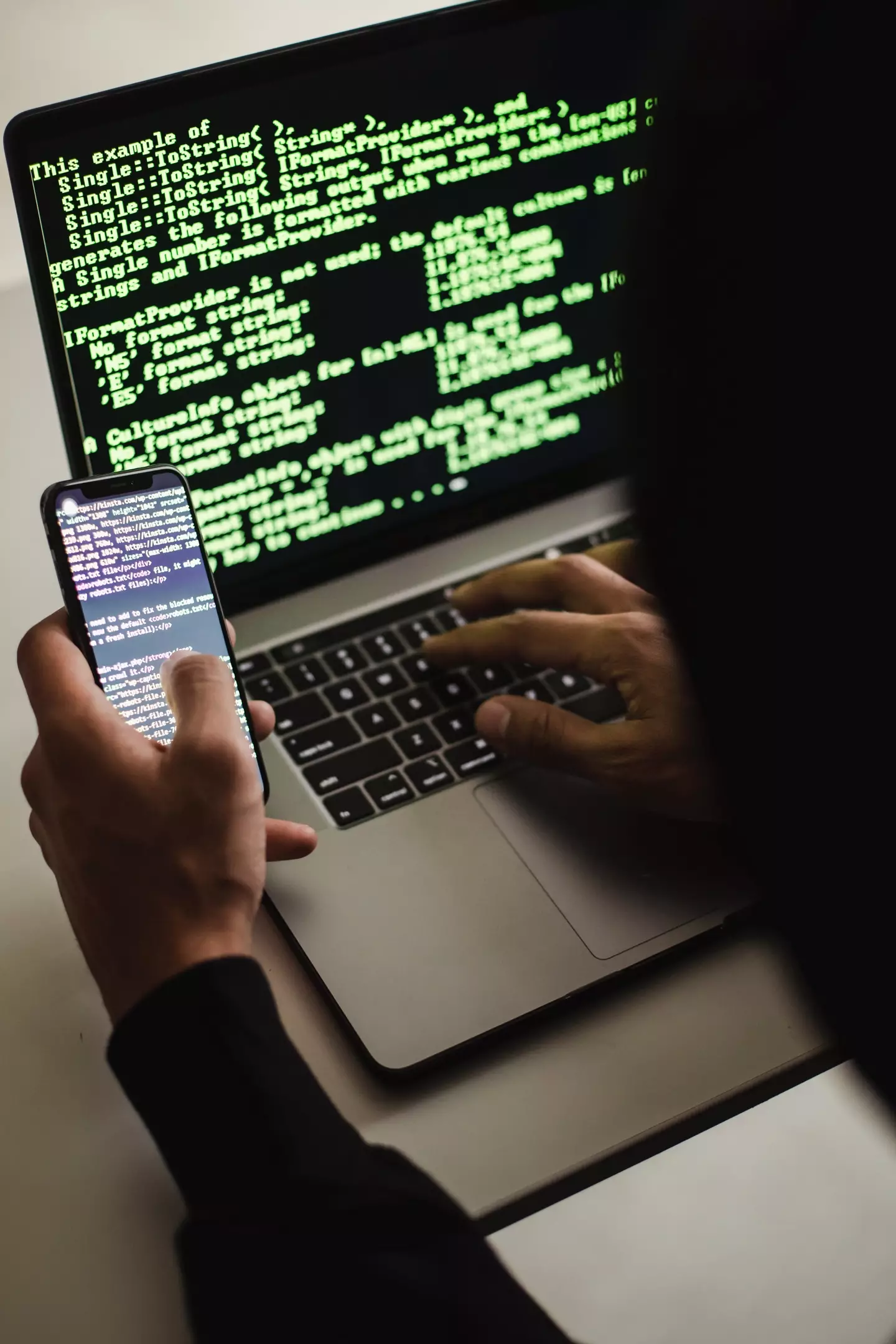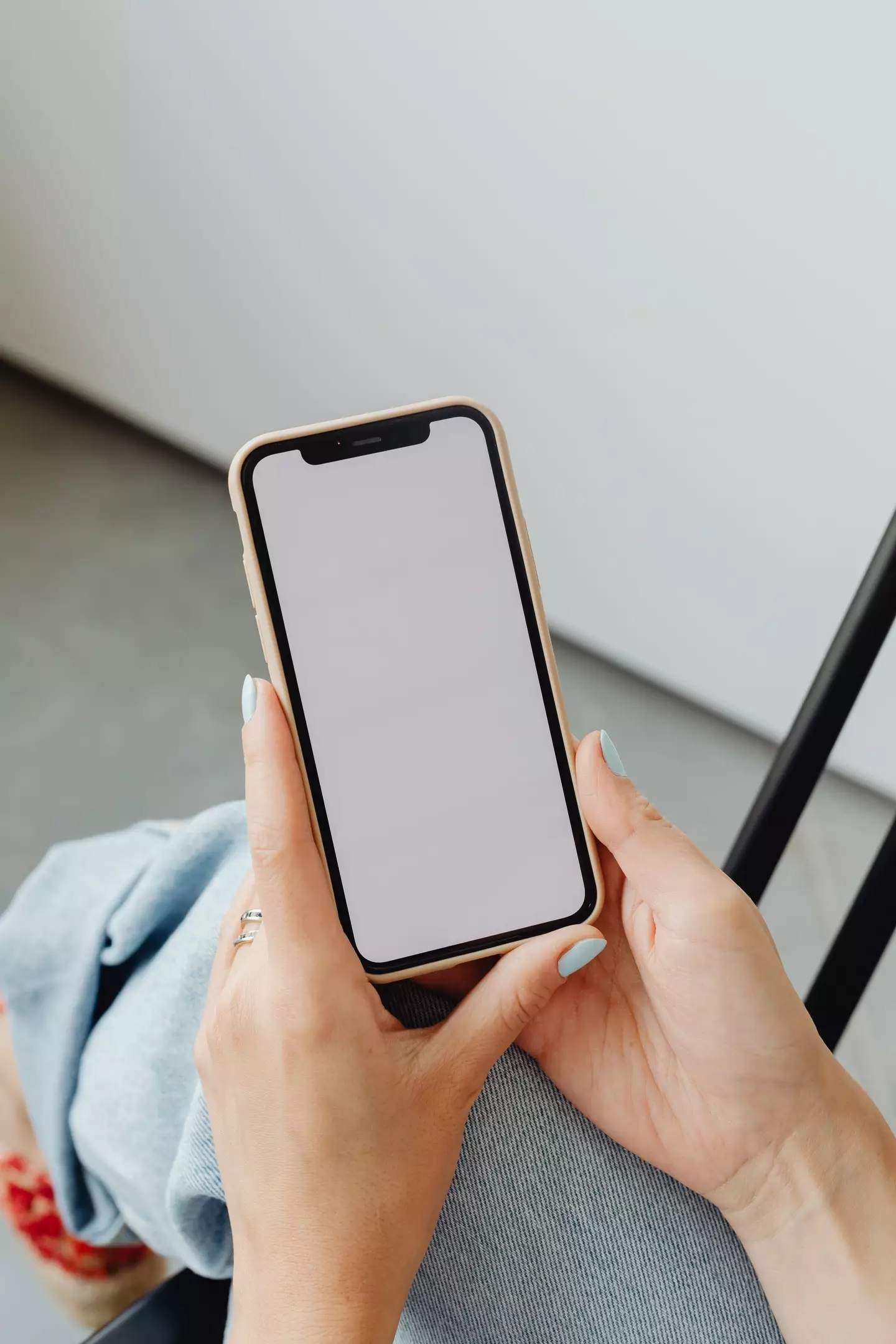
Apple has hired hackers to find gaps in iPhone security.
If you've been lucky enough to get your hands on one of the latest iPhone 15s, you might know it's got an A17 Pro chip.
But just because the chip is 'an entirely new class of iPhone chip that delivers our best graphics performance by far' that doesn't mean Apple isn't always striving to achieve better - and safer - technology.
Advert
Last summer, Apple released Lockdown Mode to help 'protect devices against extremely rare and highly sophisticated cyber attacks'.
The optional mode impacts features such as messaging, web browsing and photos - basically, your 'device won't function like it usually would' - so to 'reduce the attack surface that could potentially be exploited by highly targeted mercenary spyware'.
So, with your apps and the software part of your iPhone very well protected, why has Apple hired hackers in Paris?

Well, just because the software your phone is protected, doesn't mean the physical phone itself - its hardware - is always going to be safe from hackers.
You may make sure to download the latest software, but once you buy your device, the hardware is no longer in Apple's reach, so the company has to work hard behind the scenes to test it out and make sure it's as safe as possible from being hacked, before release.
And there's one part of iPhones Apple focuses on - the chip.

In Paris, engineers are working away in a bid to try and break into iPhones and subsequently expose any weaknesses, the Independent reports.
The chip - which controls everything going on in your phone and how it functions - has to be encrypted given all of the secure data it processes. For example, making sure your images uploading to iCloud aren't intercepted and stolen.
And it needs to do this encryption in a clever - not just quick - way, so hackers can't see what it's doing, scurry on in and nab whatever information they can.

Apple has hired hackers to perform all sorts of test on its chips, physically blasting them with lasers, cooling them down and heating them up - whatever it takes to try and identify how they could end up vulnerable.
And if they do find a weakness?
Well, then they'll work to find a solution, and keep going and going until the chip and overall iPhone is as safe as possible.
Apple’s head of security engineering and architecture, Ivan Krstić, tells the Independent: "I think what’s happening is that that there are more and more avenues of attack. And that’s partly a function of wider and wider deployment of technology. More and more technology is being used in more and more scenarios.
"That is creating more opportunity for more attackers to come forward to develop some expertise to pick a niche that they want to spend their time attacking."

Most people won't ever be subject to such rigorous attacks, but Krstić resolves: "When we look at how some of this state grade mercenary spyware is being abused, the kinds of people being hit with it – it’s journalists, diplomats, people fighting to make the world a better place. And we think it’s wrong for this kind of spyware to be abused in this way. We think that that those users deserve trustworthy, safe technology, and the ability to communicate safely and freely, just as all our other users.
"So this was, for us, not a business decision. It was… doing what’s right."
Topics: iPhone, Apple, Technology, World News, Phones